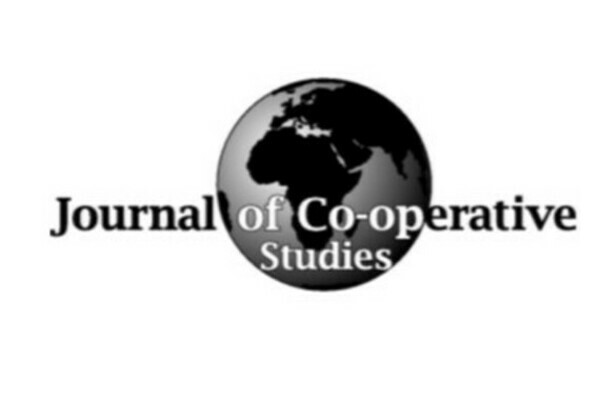Peer reviewed articles
Toward a social capital theory of co-operative organisation
Vladislav Valentinov, pp. 5-20
This paper continues the tradition of comparative analysis of co-operative and capitalist organisations by focusing on social capital as the distinctive foundation of the former. The paper aims to demonstrate why and in what cases co-operatives represent an effective alternative to capitalistic governance mechanisms; to develop an economic rationalisation of the 'double nature' of co-operatives; to consider major distinctions in governance of the two major forms; and to understand co-operative principles as governance instruments aimed at the reinforcement of social capital.
Short papers
From ‘human resource development’ to ‘co-operative relationship development’: Managing and leading in a co-operative paradigm
J. Tom Webb, pp. 21-26
This paper considers the relevance and applicability of HR functions in co-operative businesses, particularly in relation to 'human resource development' and employee engagement.
Co-operatives in India – a wasted opportunity?
Medha Dubhashi, pp. 27-32
2004 marked the centenary anniversary of the passing of the first co-operative law by the British colonial government in India in 1904. The short paper looks at the strengths and weaknesses as well as the opportunities and threats facing the co-operative movement in India.
Book reviews
Consumerism in twentieth-century Britain: The search for a historical movement. By Matthew Hilton
Reviewed by Joshua Bamfield, pp. 33-34
Thomas A Finlay, SJ 1848-1940: Educationalist, editor, social reformer. By Thomas J. Morrisey, SJ
Reviewed by Jim Moloney, pp. 35-37
The likes of us: A biography of the white working class. By Michael Collins
Reviewed by Rita Rhodes, pp 38-39










